The European Day of Languages, coming up on September 26, reminds us of something we often overlook: in a world that is more connected than ever, language is more than communication, it is opportunity. For young professionals, students, and career changers, learning an additional language can be the difference between blending in and standing out.
In today’s global job market, multilingualism is not just a “nice-to-have.” It is a career skill that employers actively value. Whether you want to work for an international company, collaborate across cultures, or simply increase your chances of landing your dream job, language learning can unlock doors you didn’t even know were there.
Let’s explore why multilingualism matters, how it shapes careers, and how you can make language skills part of your professional journey.
Why Multilingualism Matters in 2025
We live in a world where work has no borders. Companies hire remotely, teams collaborate across continents, and customers expect personalized communication. In this environment, languages are not just tools, they’re career multipliers.
Recent data supports this:
-
A 2024 Eurobarometer survey found that 76% of Europeans believe improving language skills should be a priority, and nearly 80% of young people (15–24) say they can have a conversation in at least one foreign language. Source
-
Eurostat (2024 update) reported that 75% of working-age adults in the EU know at least one foreign language, with English, French, and German being the most common. Source
The takeaway? Multilingualism is mainstream, and not having it could put you at a disadvantage.
Career Advantages of Knowing More Than One Language
So, what exactly does multilingualism do for your career?
1. Higher Employability
Employers are looking for people who can operate across markets. Language skills often mean more job offers, better roles, and sometimes even higher salaries.
2. Access to Global Companies
Multilingual employees can join international firms, relocate, or work remotely with ease. Tech giants, NGOs, and startups alike value professionals who can bridge language gaps.
3. Better Cross-Cultural Communication
Knowing a language isn’t just about words, it’s about culture. Multilingual professionals are often more empathetic and effective in diverse teams.
4. Stronger Job Security
As automation grows, soft skills like communication and adaptability matter even more. Language proficiency is one of those skills AI can’t replace.
Real-World Applications of Multilingualism
Multilingual skills aren’t abstract, they show up in workplaces every day. Consider these scenarios:
-
Global teamwork: A project manager in Europe switches between German, English, and Spanish to coordinate cross-border teams, saving time and preventing costly miscommunications.
-
Marketing reach: In Asia, professionals use English and Mandarin to craft campaigns that connect with diverse audiences and open access to fast-growing markets.
-
Healthcare impact: In multicultural countries like Canada, nurses and doctors rely on English, French, or Tagalog to make patients feel understood and supported.
These examples are backed by research:
-
The European Commission (2023) reported that multilingual workers have significantly higher employability in cross-border roles.
-
A 2023 study on multilingualism and the job market confirmed that language skills are especially valuable in international business, tourism, healthcare, and education. Source
Languages That Matter Most for the Future
Not all languages have the same career impact. English remains dominant, but other languages are rapidly gaining ground.
According to the British Council’s 2024 analysis and OECD global skills forecasts:
-
Mandarin Chinese: Key for business, trade, and technology with China.
-
Spanish: A global language spoken across the Americas and Europe.
-
French: Official in many international organizations and across Africa.
-
Arabic: Increasingly important in energy, business, and diplomacy.
-
German: Central in European business, science, and engineering.
The future belongs to those who can blend English plus another strategic language.
How to Start Learning a New Language
You don’t need to become perfectly fluent overnight. What matters is building consistent habits. Here are practical ways to begin:
-
Use Language Apps – Duolingo, Babbel, and LingQ are great entry points.
-
Join Language Exchange Communities – Platforms like Tandem and HelloTalk connect you with native speakers.
-
Take Online Courses – Coursera and edX offer affordable language courses with cultural insights.
-
Practice at Work – Volunteer to lead calls with international clients or colleagues.
-
Immerse Yourself – Watch films, read books, or follow news in your target language.
Languages Are Career Superpowers
The European Day of Languages reminds us that languages are more than just subjects in school. They’re gateways to global opportunities, cultural adaptability, and professional growth.
In a world where competition is global, knowing multiple languages is no longer optional, it’s essential. For young professionals, students, and career changers, this is one of the smartest investments you can make in your future.
So here’s the challenge: don’t just think about learning a language someday. Start now. Every new phrase you learn is a step closer to unlocking the career you want in our global world.
